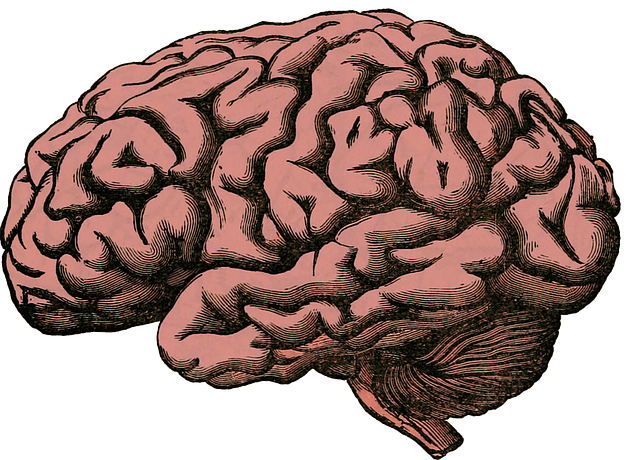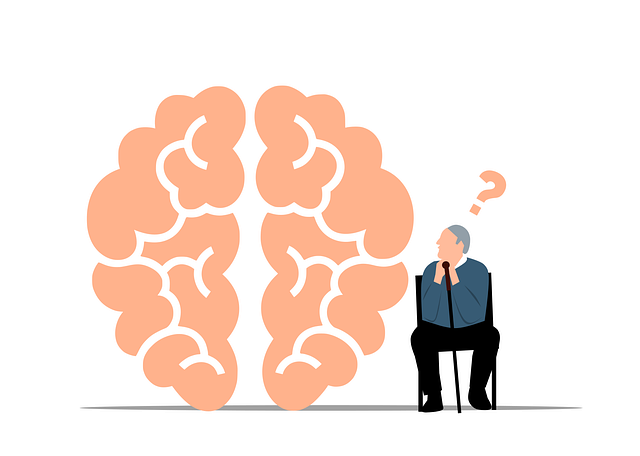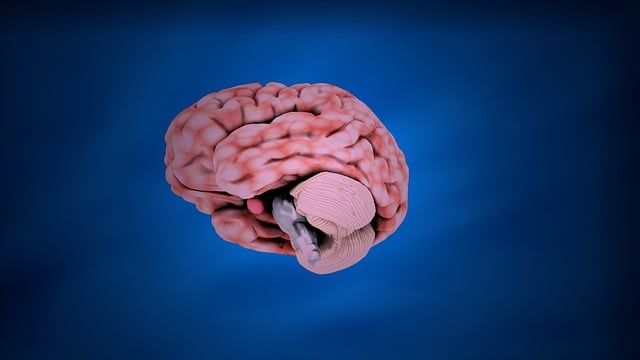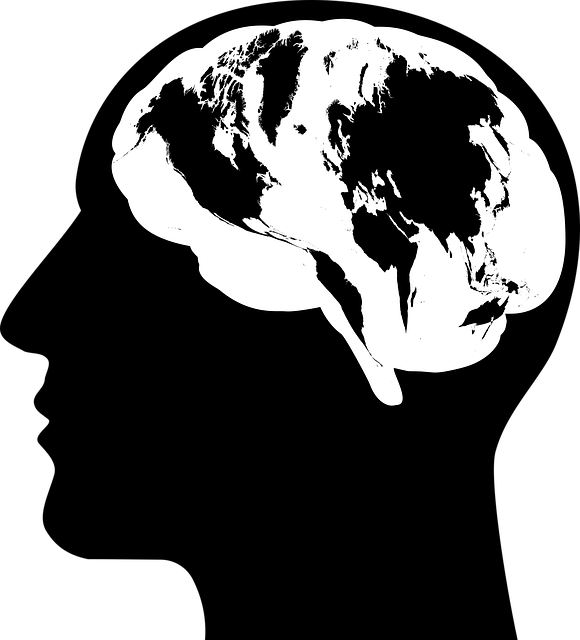Colorado Springs recognizes the unique challenges faced by its growing geriatric population, including isolation, chronic health issues, and cognitive changes, which heighten risks of anxiety, depression, and suicide. The city's holistic approach through Colorado Springs Geriatrics Therapy focuses on personalized care, evidence-based practices, community outreach, trauma support, and mindfulness to address these issues. Community-centric programs, social connections, and burnout prevention strategies empower seniors, healthcare providers, and the wider community to foster overall mental wellness.
In Colorado Springs, mental wellness among aging adults is a growing focus, given the profound impact it has on overall health and quality of life. This article explores the intricate relationship between mental health and aging, delving into the unique challenges faced by elderly populations. We examine the transformative power of geriatric therapy, offering evidence-based strategies to build resilience. Additionally, we highlight community resources and support networks crucial for fostering mental wellness in Colorado Springs’ senior citizens.
- Understanding Mental Wellness and Its Impact on Aging Adults in Colorado Springs
- The Role of Geriatric Therapy in Promoting Mental Health
- Strategies for Building Resilient Coping Mechanisms
- Community Support and Resources for Mental Wellness in Elderly Populations
Understanding Mental Wellness and Its Impact on Aging Adults in Colorado Springs

In Colorado Springs, understanding mental wellness is paramount as the city’s geriatric population faces unique challenges. Aging adults often experience increased isolation, chronic health conditions, and cognitive changes, all of which can contribute to poor mental health outcomes. The impact of these factors can be severe, leading to anxiety, depression, and even a higher risk of suicide. Addressing these issues is crucial through comprehensive approaches such as Colorado Springs geriatrics therapy, which focuses on the holistic care of older adults.
Mental wellness promotion in this context involves not only crisis intervention guidance but also reducing the stigma associated with mental illness among seniors. Initiatives aimed at fostering social connections and enhancing self-esteem can significantly improve the overall well-being of aging adults. By implementing these strategies, Colorado Springs can create a supportive environment that encourages open conversations about mental health, ensuring its vulnerable population receives the care they need to thrive.
The Role of Geriatric Therapy in Promoting Mental Health

In Colorado Springs, geriatric therapy plays a pivotal role in promoting mental health among the elderly population. This specialized form of treatment recognizes that as people age, they may face unique challenges that impact their emotional and psychological well-being. Geriatrics therapists are trained to address these complex needs by offering personalized support tailored to enhance cognitive function, improve mood, and foster social connections. Through evidence-based practices, they help seniors navigate age-related changes, boosting their confidence and overall mental resilience.
The benefits extend beyond individual growth; community outreach programs implemented by local geriatric therapy services play a crucial role in fostering a supportive environment. By engaging with the community, these programs raise awareness about mental health issues specific to older adults, reduce stigma, and encourage early intervention. Trauma support services are also integral to this process, providing safe spaces for seniors to process past traumas and develop coping mechanisms that promote long-term mental wellness.
Strategies for Building Resilient Coping Mechanisms

Building resilient coping mechanisms is a vital aspect of promoting mental wellness, especially for older adults navigating life’s challenges in Colorado Springs Geriatrics Therapy. Effective strategies include integrating mindfulness practices into daily routines. Taking a few minutes each day to focus on breath awareness or guided meditation can significantly reduce stress and foster emotional balance. These practices empower individuals to remain calm under pressure, enhancing their overall resilience.
Additionally, engaging in regular physical activity, such as gentle yoga or brisk walking, is an excellent way to promote mental clarity and boost mood. This approach not only improves overall health but also provides a structured outlet for processing emotions and coping with life stressors. By combining mindfulness and movement, individuals can develop robust coping mechanisms that support their long-term mental wellness, reducing the impact of potential setbacks and fostering a sense of empowerment.
Community Support and Resources for Mental Wellness in Elderly Populations

In Colorado Springs, geriatrics therapy services play a vital role in supporting mental wellness among the elderly population. These specialized programs recognize that addressing mental health concerns in older adults requires a community-centric approach. By offering tailored interventions, therapists can help seniors navigate age-related challenges and promote overall well-being. Community support networks, including local support groups and volunteer initiatives, further enhance these efforts by fostering social connections and providing an avenue for sharing experiences and coping strategies.
In addition to external support systems, burnout prevention strategies for healthcare providers are essential components of mental wellness promotion. Healthcare professionals working with the elderly often face unique stressors, making it crucial to implement self-care routine development as a priority. Mindfulness meditation techniques have gained popularity as an effective tool for reducing stress and improving mental clarity. By integrating such practices into their daily lives, both caregivers and seniors can enhance resilience and maintain optimal mental health.
Mental wellness is a vital aspect of aging gracefully, and Colorado Springs geriatrics therapy plays a crucial role in supporting elderly individuals. By understanding the unique mental health challenges faced by aging adults, we can foster resilient coping mechanisms through evidence-based practices. The community’s support systems and resources further enhance the well-being of the elderly, ensuring they receive the care and attention needed to thrive. Through implementing these strategies, Colorado Springs can create a supportive environment that promotes mental wellness for its geriatric population.














